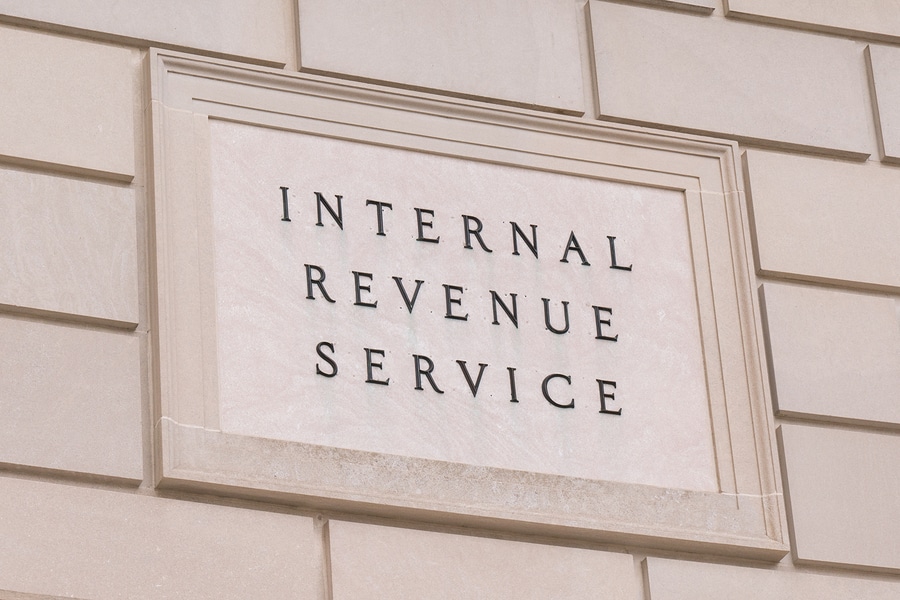IRS Has 2 Years to Accept/Reject Tax Settlements
- Posted by Joshua Sells
- On November 16, 2020
- IRS Back Taxes, IRS Tax Attorney, IRS Tax Debt, IRS Tax Relief, Offer in Compromise, Ohio Tax Attorney, Tax Settlement
The Two Year Rule – The IRS Accepts or Rejects Your Offer in Compromise or it is Automatically Accepted
Did you know that the IRS must make a decision on your tax settlement in two years? If they don’t, it is automatically accepted (I.R.C. 7122)! I almost had a case as a Cincinnati tax attorney this year that hit that deadline.
You see, the IRS is a HUGE federal agency – but if there is one thing they are good at, it is process. Because of this, they make sure submitted Offer in Compromise packages are decided before the two-year deadline.
However, that was before COVID-19.
The IRS is Backlogged Right Now Because of COVID
Earlier this year, in an unprecedented move, the IRS shut down most of its operations because of COVID-19. No one was answering phones, liens were not being filed, and mail was accumulating in large off-site truck trailers.

This shut down of the largest tax collecting and enforcing agency in the world went on for several months.
As a result, the IRS did not start “opening up” until late summer. It wasn’t until earlier this fall that all of the IRS service centers were operational.
From talking with some of the IRS employees, they are just now getting through the backlog of mail. Add to this the fact that the IRS is expecting to receive a record number of Offer in Compromises requests as many taxpayers have lost jobs and are under a financial hardship as a result of COVID-19.
The IRS has a huge backlog. Now may be a better time than ever to submit an Offer in Compromise to settle your IRS back tax.
Since the IRS knows that it only has two years to make a decision, I fully expect that most of the Offer in Compromise settlements submitted will not be as heavily scrutinized. They just do not have the time nor the labor force to evaluate the influx of offers that will be coming in.
Your Assets and Income Determine Offer in Compromise Acceptance or Rejection
The IRS uses your reasonable collection potential (“RCP”) to determine if you are eligible for an Offer in Compromise settlement. This number also determines the minimum settlement amount the IRS will accept from you. You can read more about these details in IRS Topic No. 204 on the IRS website.
Basically, the RCP is your future income (less basic living expenses) and your available assets (such as cash, investments, etc.).
My most recent Offer in Compromise case was a pizza shop owner who found us by looking for a Cincinnati tax attorney. I was able to help him take advantage of some income exclusions and ultimately get his RCP so low that he settled his tax debt for $250!
Whether you are looking for a Cincinnati tax attorney or a Columbus tax attorney – we cover the entire state of Ohio! Most importantly, we are one of the only firms to offer a money back guarantee!
If you owe back tax to the IRS, now is the time to consider doing an Offer in Compromise.
Call me at 330-331-7611 or ask me your question below for a free case analysis. See if you should consider filing an IRS Offer in Compromise.